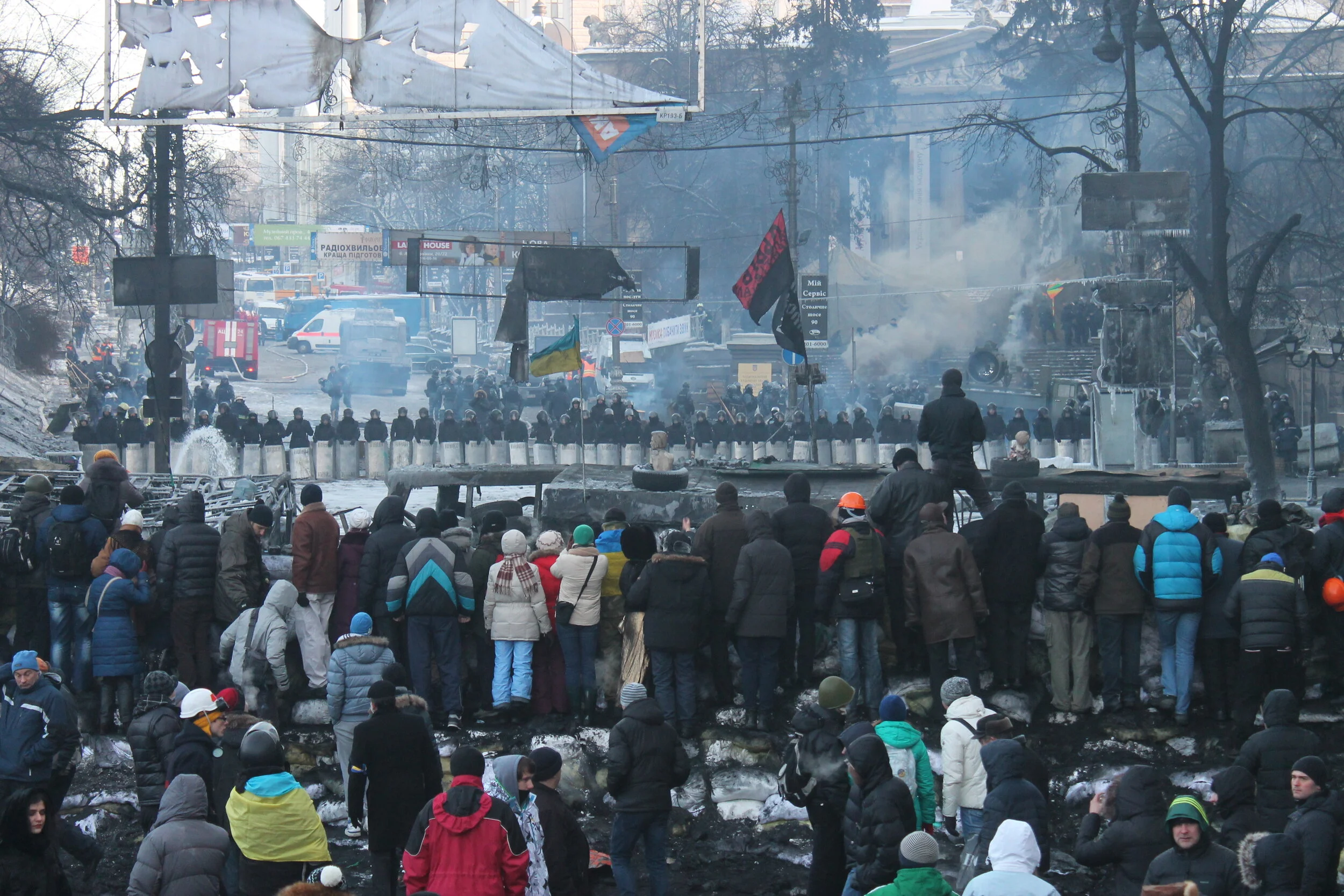By Luis Ferreira Alvarez
On April 21, 2015, an estimated half a million Brazilians took to the streets to call for President Dilma Rousseff’s impeachment over the billions embezzled from Petrobras (Brazil’s semi-public energy company). Yet President Rousseff did not even have to leave office to lose her power. Four days earlier, Rousseff gave her vice president, Michel Temer, who is from a different political party, control over her political agenda with Congress, effectively leaving her a lame-duck president with four years remaining in her second term. To regain control, Rousseff will need to focus her efforts on two priorities: lifting a stagnant economy and mitigating the fallout from Petrobras’ massive corruption scandal.
Read More















